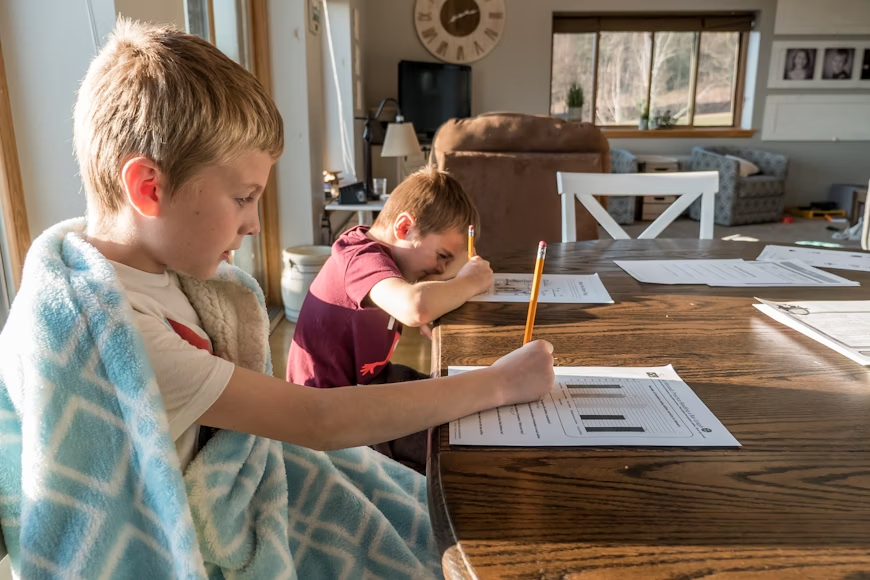Detentions are the most dreaded punishment from a teacher for any high school student. But do detentions work? Well, that’s what this article is for. It’s a deep dive into whether detentions work, or are they something that could be changed to bring better results.
There must be evidence or studies conducted on the effectiveness of detentions, right? Of course, multiple studies have been conducted throughout the years. All of the studies have had different results on this topic. One study by Dean T. Spaulding, which is featured in a Northwestern College thesis, found that detention was the most commonly used punishment instead of office referrals in middle and high school. The website Edutopia said that detentions in fact may increase the recurrence of the negative behavior. Another study by Dr. Ruth Payne suggested that students learn that bad behavior has consequences but aren’t learning to be better or act better. These studies show the negatives that detention could cause or in some cases just be a crutch, but these studies don’t conclude one way or another if detentions work or not.
To get a better understanding of how well detentions work at Dover High School, I did some reconnaissance around the building. I asked teachers and some of my friends what they thought. Mrs. Rees said that detentions work in some cases. Mrs. McKee said that it depends on the context of the action that led to detention, the student to whom the detention is given, if the reason for it was communicated, and the type of detention. From asking around I was able to get some of my friends’ and fellow students’ opinions. Kiley VanSickle and Toriana Heisler both thought that they didn’t always work and that it depended on the reason for the punishment.
I also had the chance to interview Mr. Ayers. Mr. Ayers said that it depends on the person receiving the punishment. He also mentioned that detentions and other punishments aren’t black and white, they are mostly grey. There are many no’s, yes’ and maybe’s around this school building. Seeming like it could be very challenging to find a solid answer on if they work around our school for correcting kids’ behaviors.
It seems like detentions work, but who do they work for? From the research gathered, detentions work for kids who understand that they did something wrong. These kids realize that their actions usually have consequences and that to be successful, they must learn to take responsibility for their mistakes or wrongdoings. Detentions work for those who have the ability to adapt and learn from their mistakes.
So, if they don’t work, what are the other solutions? Another common thing teachers should use more often is giving the student an extra task to complete. If the student realizes that doing something bad creates an extra task, then they are more likely to avoid the problem they have created for themselves. The tasks could be simple like cleaning with the janitor after school or extra homework for the class where the incident happened. These tasks would help teach the student responsibility instead of unaccountability.








